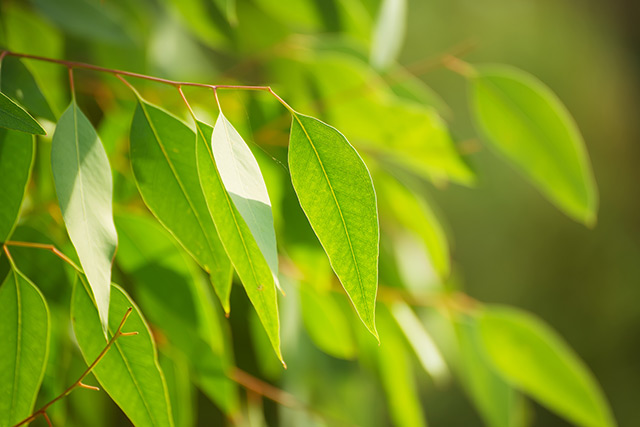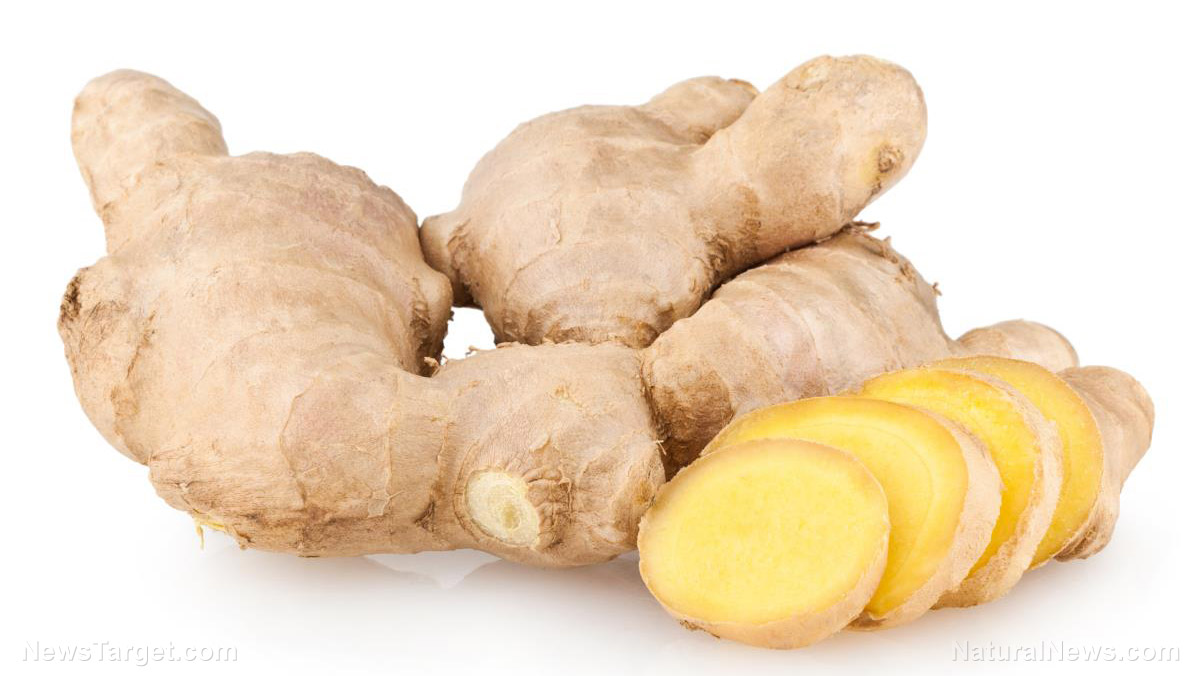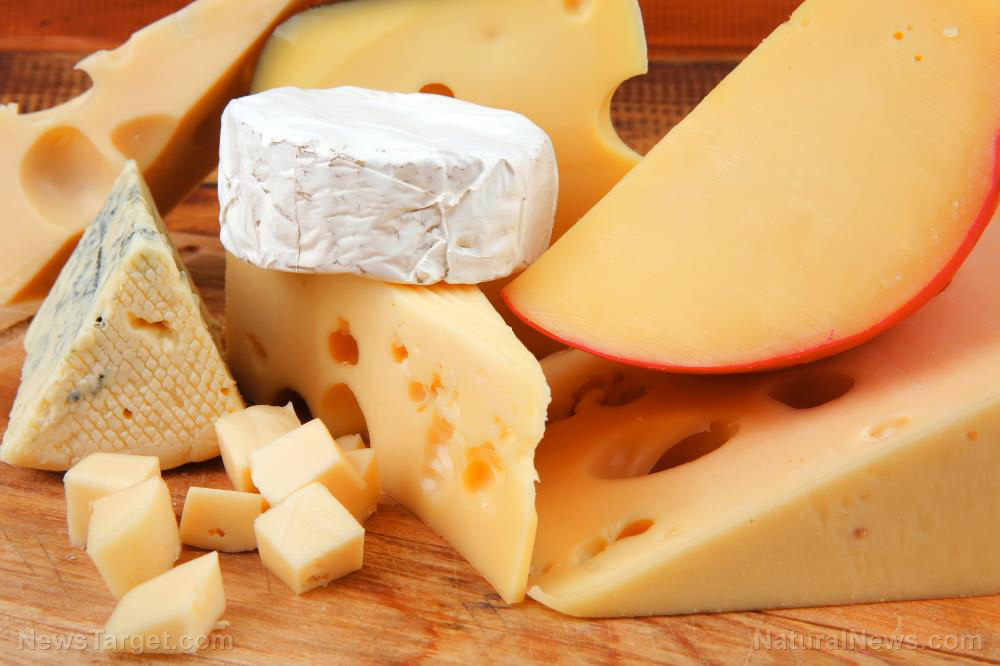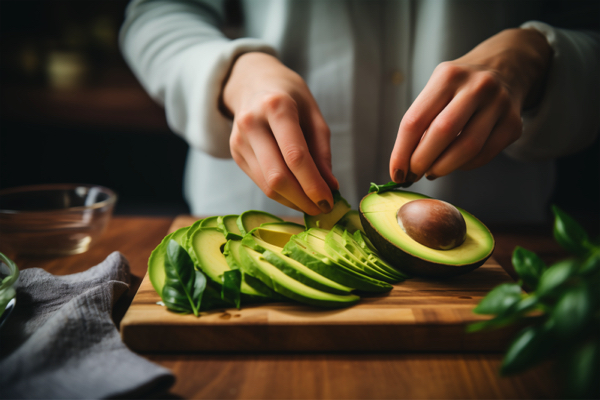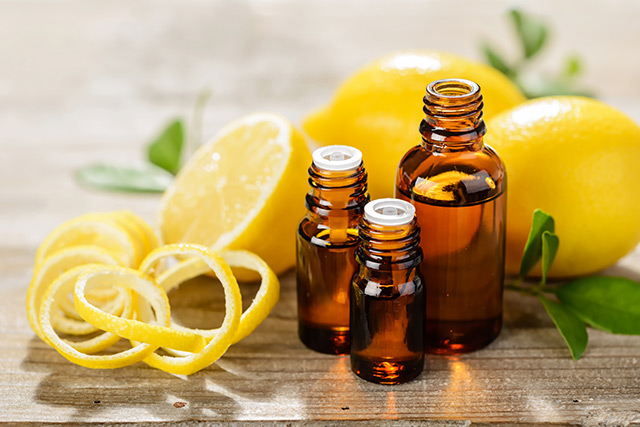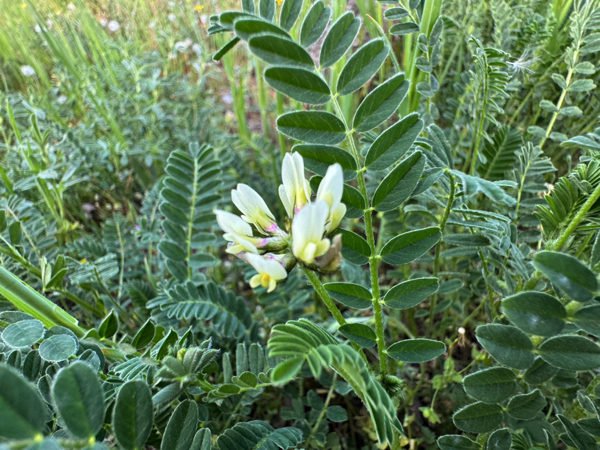Study: Fermented stevia extract can selectively kill pancreatic cancer cells
08/07/2025 / By Ava Grace
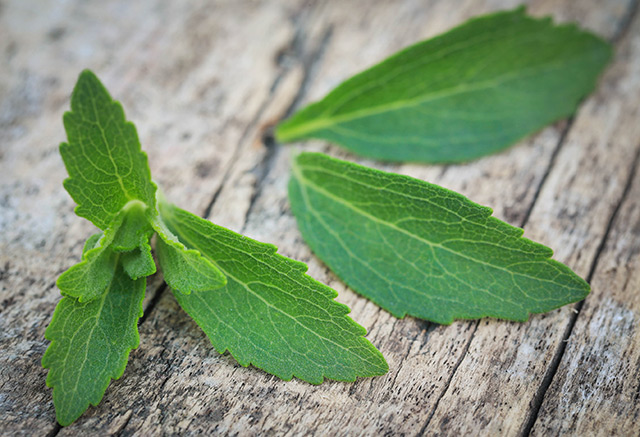
- Researchers at Hiroshima University discovered that fermented stevia extract selectively kills pancreatic cancer cells while sparing healthy ones, offering hope for a disease with a survival rate below 10 percent.
- Fermenting stevia with Lactobacillus plantarum SN13T produces bioactive compounds like chlorogenic acid methyl ester (CAME), which triggers cancer cell death without harming normal cells.
- Pancreatic cancer is aggressive and resistant to conventional therapies, making natural, plant-based alternatives like fermented stevia a promising avenue for safer treatments.
- While lab studies show efficacy, human trials are needed to confirm effectiveness. Experts urge cautious optimism, emphasizing further research in animal models.
- Beyond cancer, stevia is a healthier sweetener with minimal blood sugar impact. This study highlights the potential of plant-based medicine, joining historical examples like aspirin and taxol.
In a groundbreaking discovery, researchers at Hiroshima University in Japan have found that fermented stevia — commonly known as a zero-calorie sweetener — may hold the key to fighting one of the deadliest cancers in the world: pancreatic cancer. Unlike conventional treatments that harm healthy cells, the natural anticancer compound in fermented stevia selectively targets cancer cells while sparing normal ones. With pancreatic cancer survival rates stagnating below 10 percent, this research offers a glimmer of hope in a field desperate for breakthroughs.
Fermentation unlocks anticancer potential of stevia
Pancreatic cancer is notoriously aggressive and resistant to chemotherapy, radiation and surgery. Its five-year survival rate has barely improved in decades, making it one of the most lethal cancers worldwide. The disease’s rapid spread and late-stage detection leave patients with few effective treatment options. Researchers have long sought alternative therapies, particularly those derived from natural sources, to combat its relentless progression. (Related: Sweet victory: Fermented stevia emerges as potential cancer killer.)
The study, published in the International Journal of Molecular Sciences, reveals that fermenting stevia leaf extract with a specific probiotic strain — Lactobacillus plantarum SN13T — transforms it into a potent anticancer agent. Fermentation alters the extract’s chemical structure, producing bioactive compounds that attack cancer cells while leaving healthy kidney cells unharmed. This selective toxicity is a stark contrast to traditional chemotherapy, which often damages vital organs.
Further analysis pinpointed chlorogenic acid methyl ester (CAME) as fermented stevia’s primary anticancer component. Fermentation reduced the original chlorogenic acid levels by six-fold, converting it into the more potent CAME. This compound not only halted cancer cell growth but also triggered programmed cell death — a critical mechanism missing in conventional treatments.
The global rise in pancreatic cancer cases underscores the urgency of this research. With Western diets and lifestyle factors contributing to increased cancer risks, natural, plant-based therapies could provide safer, more sustainable treatment options. Unlike synthetic drugs, fermented stevia extract aligns with growing consumer demand for holistic, minimally invasive medicine.
Stevia’s broader health benefits
While the lab results are promising, researchers caution that human trials are still needed. The study was conducted on cultured cells, not living organisms, meaning real-world effectiveness remains unproven. However, the findings lay a crucial foundation for future research, including planned tests on mice. If successful, this could pave the way for clinical trials in humans.
Beyond its potential in cancer treatment, stevia has been championed as a healthy alternative to artificial sweeteners like aspartame. Unlike synthetic options, pure stevia extract has minimal impact on blood sugar, making it a favorite among diabetics and health-conscious consumers. This study adds to mounting evidence that stevia’s benefits extend far beyond calorie reduction.
In a medical landscape dominated by costly, invasive treatments, the discovery of fermented stevia’s anticancer properties is a testament to the power of natural solutions. While hurdles remain, this research represents a beacon of hope for pancreatic cancer patients.
The fight against pancreatic cancer is far from over, but with studies like this, science is one step closer to turning the tide.
Watch this video to learn about the health benefits of fermented stevia.
This video is from the Health Ranger Store channel on Brighteon.com.
More related stories:
Stevia is a natural anti-inflammatory and anti-cancer agent.
Is stevia healthy and safe to use?
What’s the difference between stevia, Truvia and PureVia?
Discover four fantastic benefits of stevia.
Sources include:
Submit a correction >>
Tagged Under:
anticancer, breakthrough, discoveries, fermented stevia, food cures, food is medicine, health science, herbal medicine, Herbs, Oncology, pancreatic cancer, phytonutrients, plant medicine, real investigations, remedies, research, stevia, sweeteners
This article may contain statements that reflect the opinion of the author
RECENT NEWS & ARTICLES
COPYRIGHT © 2017 NATUROPATHY NEWS

